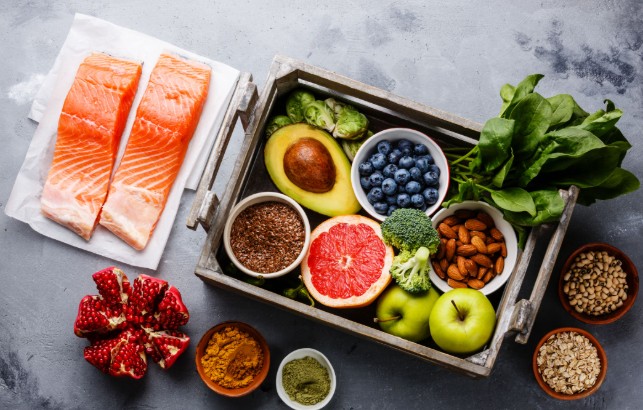High blood pressure, or hypertension, is a prevalent health condition affecting millions worldwide. With the increasing awareness of possible adverse effects associated with prescription medication, many are seeking natural ways to manage and lower their blood pressure. Fortunately, a variety of foods can aid in this effort. Incorporating these into your diet may contribute significantly to better cardiovascular health.
The Importance of Diet in Managing Blood Pressure
The lifestyle choices we make, especially our dietary habits, play a crucial role in our overall health. Diet impacts blood pressure significantly, either positively or negatively. A balanced and nutritious diet can help dilate blood vessels, improve arterial health, and ultimately reduce the strain on the heart. Here are some key dietary components you should consider:
1. Leafy Greens
Leafy greens, such as kale, spinach, and collard greens, are rich in potassium, which help to rid the body of sodium through urine. This process reduces blood pressure. Some excellent choices include:
- Spinach: This versatile green is packed with nutrients and can be easily added to salads and smoothies.
- Kale: High in fiber and antioxidants, kale is another great option to lower blood pressure.
- Collard greens: Widely used in Southern cuisine, they can be a great addition to various dishes to help keep your heart healthy.
2. Berries
Berries, especially blueberries, are rich in natural compounds called flavonoids. Research has indicated that these compounds may help lower blood pressure and improve endothelial function. Consider these berry options:
- Blueberries: Full of antioxidants, they can be eaten on their own or added to yogurt for a delicious, heart-healthy snack.
- Strawberries: Not only are they delicious, but they also contain significant amounts of vitamin C and other heart-healthy components.
- Raspberries: With their high fiber content, raspberries contribute to better vascular health.
3. Beets
Beets are a fantastic source of nitrates, which help relax blood vessels and improve blood flow. Consuming beetroot juice has been shown to assist in lowering blood pressure. To incorporate beets into your diet:
- Juiced: Beetroot juice is a convenient way to consume concentrated doses of nitrates.
- Roasted: Roasted beets add a sweet, earthy flavor to salads and side dishes.
4. Oats
Rich in beta-glucans, oats support heart health by reducing cholesterol levels and aiding in lowering blood pressure. Starting your day with a bowl of oatmeal not only sets a healthy tone but also provides lasting energy.
5. Bananas
Bananas are a convenient snack that is high in potassium, helping to balance the amount of sodium in your body. This mineral is crucial in managing blood pressure levels effectively.
6. Fatty Fish
Fatty fish like mackerel and salmon are high in omega-3 fatty acids, known for their potential to reduce inflammation and lower blood pressure. Regular inclusion of fatty fish in your diet can greatly benefit cardiovascular health.
Benefits of a Heart-Healthy Diet
A diet centered around heart-healthy foods promotes better blood circulation and enhances overall well-being. By reducing blood pressure naturally, you may experience the following benefits:
- Improved heart function: Consuming the right foods supports efficient cardiovascular functioning.
- Reduce risk of heart disease: A lower blood pressure minimizes the strain on your cardiovascular system, reducing the risk of heart-related ailments.
- Enhanced longevity: Keeping blood pressure in check contributes to a longer, healthier life.
Additional Lifestyle Adjustments
While diet is a critical component in managing blood pressure, incorporating other lifestyle adjustments can enhance results:
- Regular exercise: Engaging in activities like walking, jogging, or swimming helps maintain a healthy weight and improve cardiovascular health.
- Stress management: Practicing mindfulness, meditation, or yoga can alleviate stress, subsequently reducing blood pressure.
- Limit alcohol and tobacco: Cutting back on these can significantly improve cardiovascular health and lower blood pressure.
Ultimately, the key is consistency. Embracing a heart-healthy lifestyle with nutrient-rich foods and regular physical activity can be a game-changer in managing high blood pressure. Not only will implementing these dietary choices potentially lower your blood pressure naturally, but they will also foster a more vibrant and healthy life.









